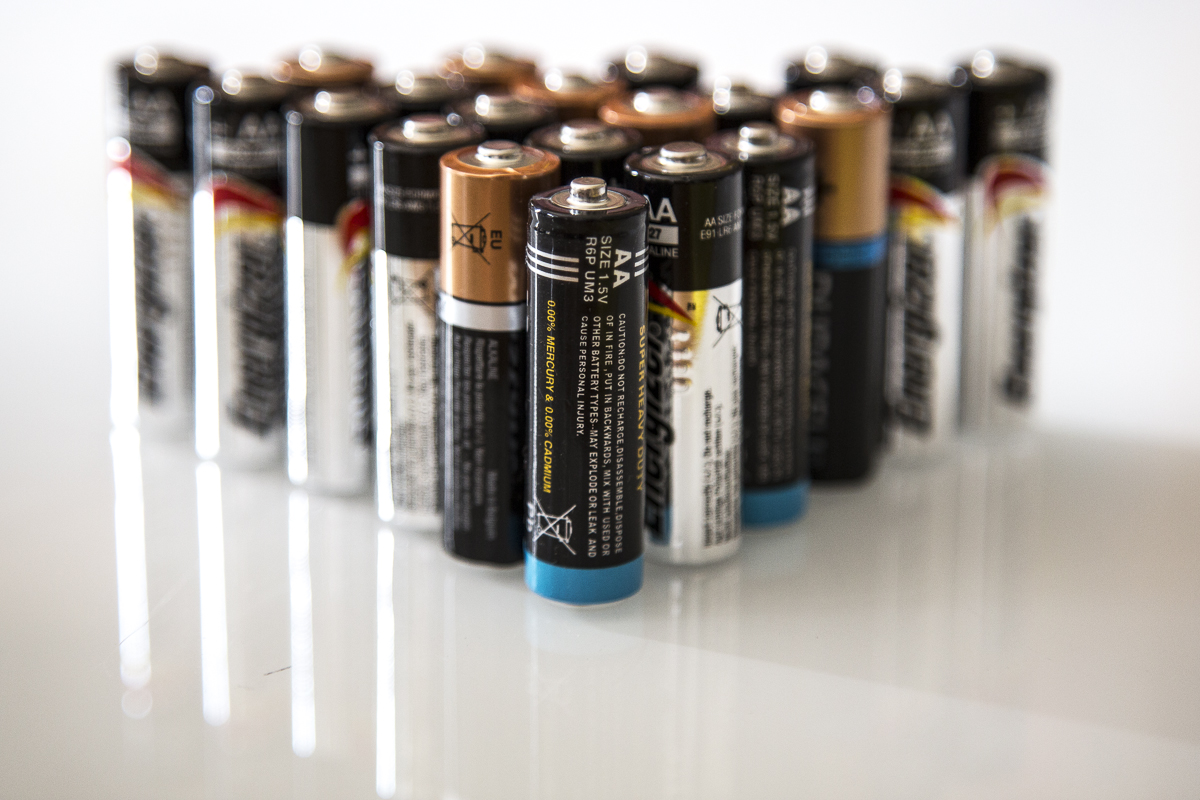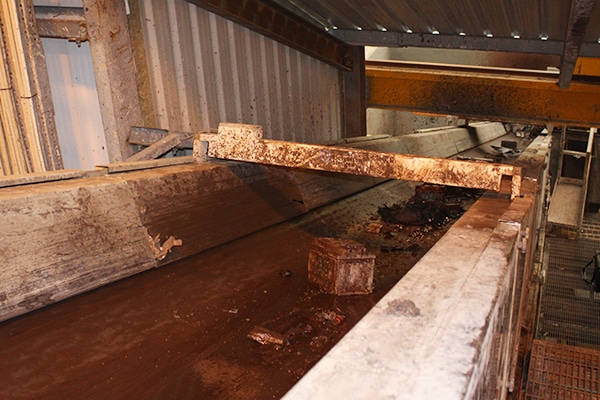Battery Recycling Focus at International Congress
By Paul Fears | 14 August 2019
The 24th International Congress for Battery Recycling (ICBR 2019) takes place in Lyon, France (September 18-20 2019). With metal separation being a key stage in the battery recycling process, Bunting is attending and exhibiting at the congress (booth 12).

ICBR is the international platform for presenting the latest developments and discussing the challenges faced by the battery recycling industry. The 24th edition of ICBR will bring together many experts and decision-makers of the battery recycling value chain such as battery manufacturers, battery recyclers, OEMs from the electronic and e-mobility industry, collection schemes operators, service and transport companies, and policy-makers.
Battery Waste
Here are some battery waste facts:
- The manufacturing process of a battery consumes 50 times more energy than it provides during the life-cycle;
- It is estimated that every person in the UK uses 10 batteries per year;
In the UK it is estimated that 620 million batteries are thrown away each year. This equates to over 20,000 tonnes being sent to landfill. At the end of 2018, the UK Environment Agency reported that the collection of portable batteries in 2018 was expected to reach the target of 45% (of batteries placed on the market in 2016, 2017 and 2018).
The continued drive towards electric vehicles has created a new battery waste stream. Traditional lead-acid batteries used on petrol and diesel vehicles are already successfully recycled with technology enabling the recovery of 96% of the materials. Electric vehicle batteries that are no longer useful for the vehicle still retain 80% of their charge and can be used as a general energy source. Once finally exhausted, these lithium-ion batteries enter the waste recycling process.
In April 2019, the European Commission published an evaluation of the EU Batteries Directive (2006/66/EC) where they report that most Member States met or exceeded the 2012 target for the collection of waste portable batteries (25%), but only 14 Member States met the 2016 target of 45%. The EU Commission states:
‘The management of used batteries remains a concern within the EU. An estimated 56.7 % of all waste portable batteries are not collected, annually. This amount is significant enough to jeopardise the achievement of the directive’s environmental protection objectives.’
As is expected to be highlighted at the ICBR Congress, a great deal of work is required to improve battery recycling rates across Europe.
Metal Separation
The recycling of a battery involves many complex processes that vary depending on the type of battery (ie Lead, Lithium-ion, etc). Once shredded, high-intensity Magnetic Separators such as Drum Magnets are used to separate the steel and ferrous metal content. Any larger non-ferrous metals are recovered using Eddy Current Separators. Metal Detectors are commonly installed prior to shredding to remove any large tramp metal that could damage the shredder blades.

“Our equipment is only one stage in a complex and challenging collection and recycling process,” explained Simon Ayling, Bunting’s European Managing Director. “At the congress we are looking forward to learning about the latest recycling developments and offering our support and assistance with separating and recovering the metals.”
For additional information on removing and separating metal in any recycling project please contact us on:
Email: press@buntingeurope.com
Telephone: +44 (0) 1527 65858
Photographs of batteries by Paul Fears Photography
Follow us on social media